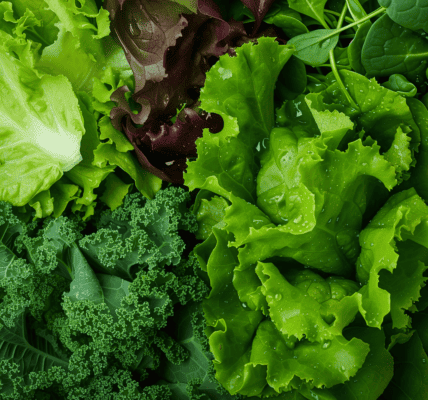As we navigate the journey of life, our bodies inevitably undergo changes with age. However, embracing a healthy lifestyle can significantly enhance our well-being and longevity. Experts emphasize that simple lifestyle modifications can yield substantial benefits in how we feel and look as we age.
According to Sandra Villella, a consultant naturopath at Jean Hailes for Women’s Health, the key to maintaining health and combating the effects of aging lies in adopting a holistic approach. She notes, “Research shows that adequate nutrition, moderate exercise, and a positive mental state can effectively delay the aging process.” By implementing straightforward adjustments in our daily routines, we can ensure both our physical and mental health remain robust throughout our golden years.
1. Prioritize Regular Health Checks
One of the most effective strategies for combating chronic conditions is early detection. Regular health screenings play a crucial role in identifying potential health issues, even when no symptoms are present. Health professionals recommend that women undergo a general health check-up annually. For those in midlife and beyond, it’s essential to focus on specific screenings such as heart health assessments, bone density tests, diabetes screening, and checks for breast, bowel, and cervical cancers. Additionally, routine dental examinations, skin self-checks, and sexually transmitted infection (STI) screenings, when necessary, should not be overlooked.
Dr. Fiona Jane, a general practitioner affiliated with Jean Hailes, highlights the importance of early detection, stating, “If you find health problems early, you have a better chance of treating and managing them effectively.” Since individual health risks can vary widely, it’s advisable to consult with a healthcare provider to determine the appropriate frequency for health checks tailored to personal health needs.
2. Embrace Strength Training
After the age of 30, individuals can expect to lose muscle mass at a rate of approximately three to eight percent per decade, with a more pronounced decline after 60. This loss of muscle, known as sarcopenia, can elevate the risk of falls, fractures, and hinder daily activities. To counteract this decline, incorporating strength training into your routine is vital.
Dr. Jane advises, “The best management is to build and maintain muscle mass through resistance exercises and proper nutrition.” Engaging in basic resistance training—using small hand weights or your body weight—just twice a week at home can be incredibly effective. As your strength improves, gradually increase the weights or repetitions to continue building muscle.
3. Schedule Social Activities
Social connections are crucial for mental health, especially for older adults. Research suggests that around 25 percent of Australians aged over 65 experience social isolation, which can have detrimental effects on both mental and physical health. Regular social interactions can help stave off feelings of loneliness and depression.
To enhance your social life, consider scheduling regular meet-ups with friends or family, joining community groups, or participating in local activities. Engaging in social activities not only fosters relationships but also contributes to a sense of belonging and purpose, which are essential for overall well-being.
4. Maintain a Balanced Diet
Nutrition plays a pivotal role in healthy aging. A balanced diet rich in fruits, vegetables, whole grains, lean proteins, and healthy fats can help support bodily functions and reduce the risk of chronic diseases. Experts recommend focusing on nutrient-dense foods that provide essential vitamins and minerals necessary for maintaining health.
Additionally, staying hydrated is crucial. As we age, our sense of thirst may diminish, leading to an increased risk of dehydration. Aim to drink plenty of water throughout the day and consider incorporating hydrating foods like fruits and vegetables into your meals.
5. Prioritize Mental Wellness
The importance of mental health cannot be overstated, especially as we age. Engaging in activities that stimulate the mind, such as reading, puzzles, or learning new skills, can help keep cognitive functions sharp. Furthermore, practicing mindfulness and stress-reduction techniques, such as meditation or yoga, can significantly enhance mental well-being.
It’s also essential to address any feelings of anxiety or depression. Seeking professional help when needed can lead to effective strategies for managing mental health challenges. Remember, taking care of your mind is just as important as caring for your body.
6. Get Adequate Sleep
Quality sleep is a cornerstone of good health, particularly as we age. Sleep patterns often change with age, leading to difficulties in falling or staying asleep. Prioritizing sleep hygiene can help improve sleep quality. This includes maintaining a consistent sleep schedule, creating a comfortable sleep environment, and avoiding stimulants like caffeine close to bedtime.
Establishing a calming bedtime routine can also signal to your body that it’s time to wind down. Activities such as reading, gentle stretching, or listening to soothing music can promote relaxation and enhance the chances of a restful night’s sleep.
By making these simple yet impactful lifestyle changes, individuals can unlock the secrets to healthy aging, ensuring a longer, more fulfilling life. Focusing on regular health checks, strength training, social connections, balanced nutrition, mental wellness, and adequate sleep can significantly improve the quality of life as we age.





